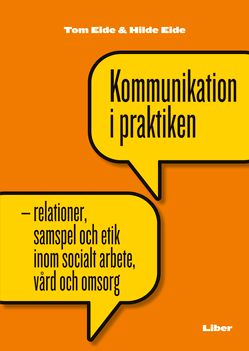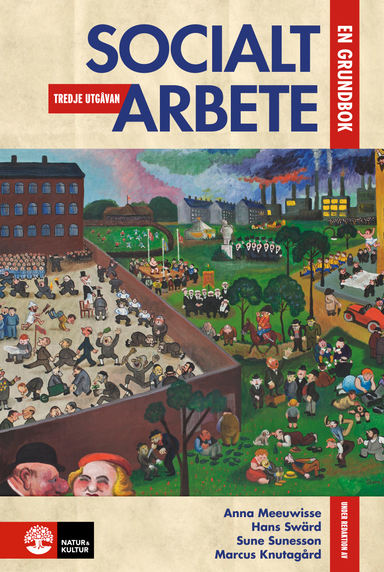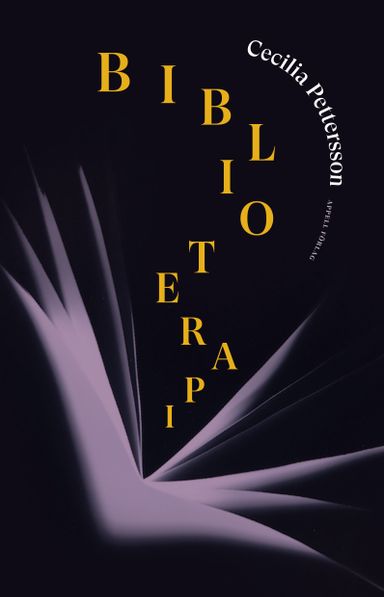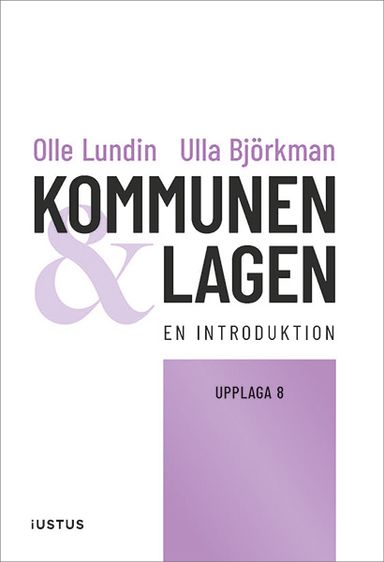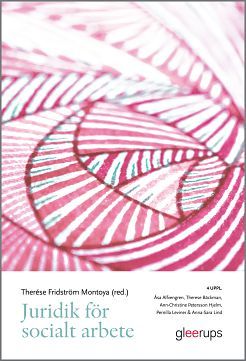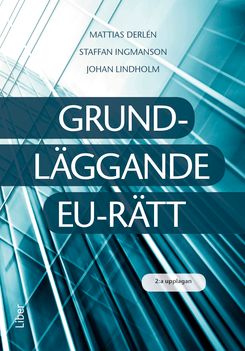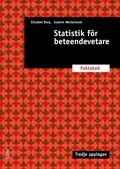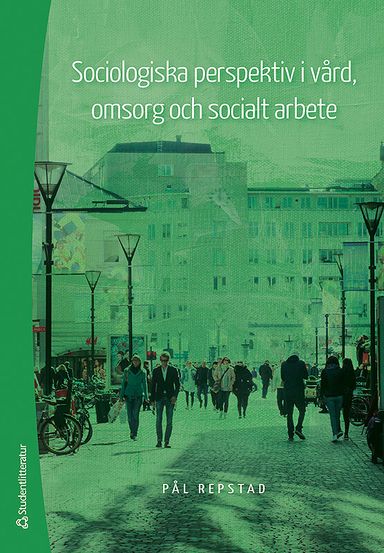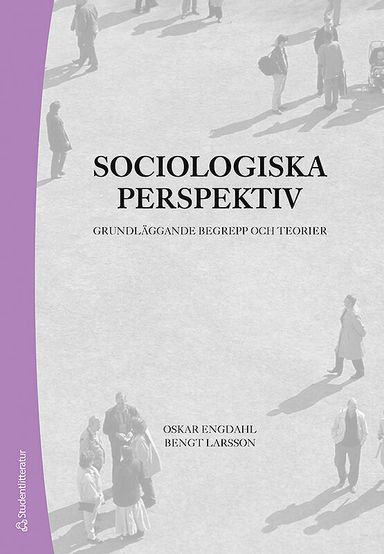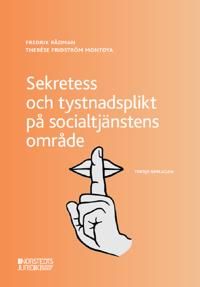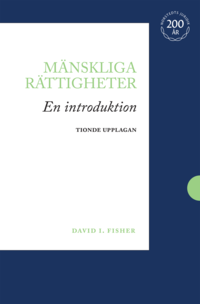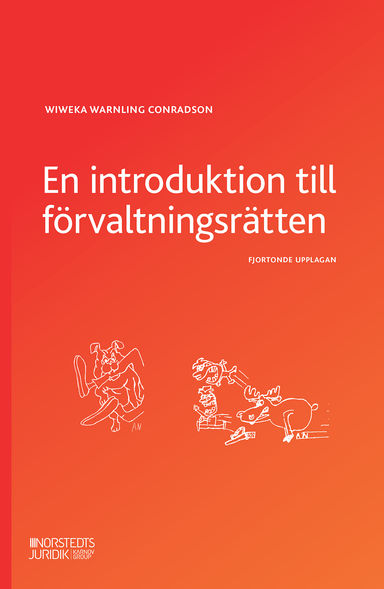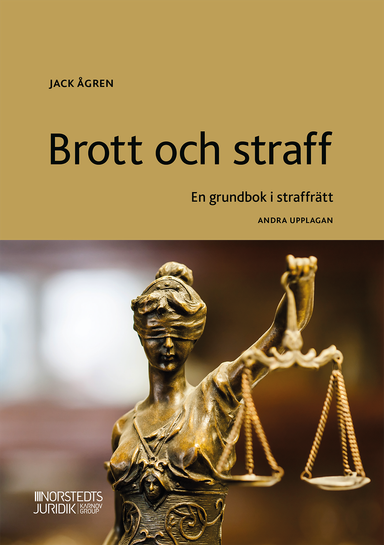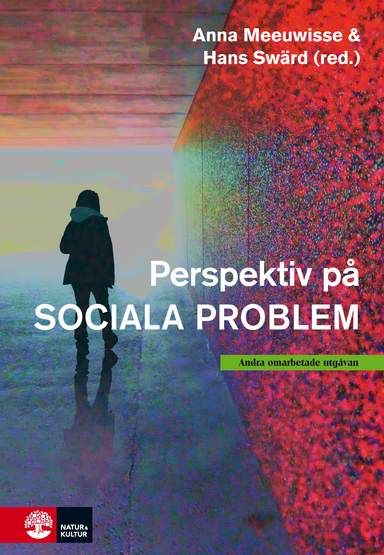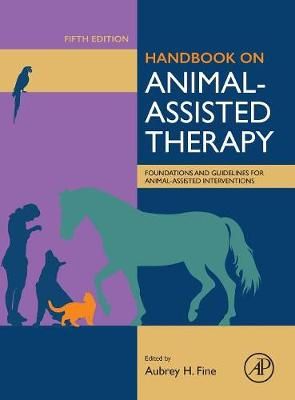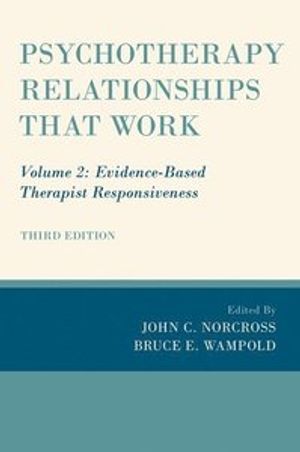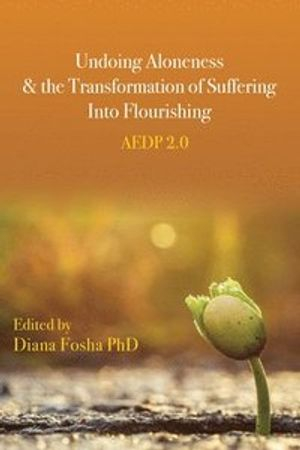

Undoing Aloneness and the Transformation of Suffering Into Flourishing
- Utgiven: 2021
- ISBN: 9781433833960
- Sidor: 437 st
- Förlag: American Psychological Association
- Format: Häftad
- Språk: Engelska
Om boken
This book updates clinical guidance and theory for Accelerated Experiential Dynamic Psychotherapy (AEDP), an approach that gives patients corrective emotional and relational experiences that mobilize changes in the brain.
Practitioners of AEDP understand psychopathology as a byproduct of internal working models, borne out of insecure attachment experiences, that now thwart adaptive functioning in adulthood. The goal of AEDP is to be therapeutically present with patients and their pain and to guide them to have a new experience—a good experience—thus rewiring memory and capacity to reflect. Updates to the AEDP approach (moving it into its second iteration, or "2.0") leverage emerging findings from the field of affective neuroscience to enhance individuals' healing and transformation.
The authors demonstrate the power of relational work by sharing excerpts and analysis of clinical session transcripts. In each chapter, they engage different aspects of the AEDP model to show how emotional suffering can be transformed into adaptive connection, even for individuals with histories of neglect, abuse, and complex trauma.
Åtkomstkoder och digitalt tilläggsmaterial garanteras inte med begagnade böcker
Mer om Undoing Aloneness and the Transformation of Suffering Into Flourishing (2021)
I juli 2021 släpptes boken Undoing Aloneness and the Transformation of Suffering Into Flourishing skriven av Diana Fosha. Den är skriven på engelska och består av 437 sidor. Förlaget bakom boken är American Psychological Association.
Köp boken Undoing Aloneness and the Transformation of Suffering Into Flourishing på Studentapan och spara pengar.
Referera till Undoing Aloneness and the Transformation of Suffering Into Flourishing
Harvard
Fosha, D. (2021). Undoing Aloneness and the Transformation of Suffering Into Flourishing. American Psychological Association.
Oxford
Fosha, Diana, Undoing Aloneness and the Transformation of Suffering Into Flourishing (American Psychological Association, 2021).
APA
Fosha, D. (2021). Undoing Aloneness and the Transformation of Suffering Into Flourishing. American Psychological Association.
Vancouver
Fosha D. Undoing Aloneness and the Transformation of Suffering Into Flourishing. American Psychological Association; 2021.
